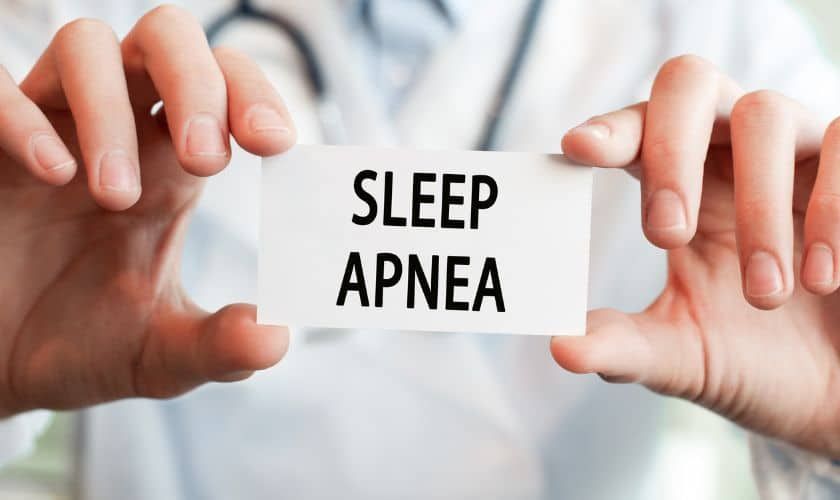How Sleep Apnea Affects Mental Health and Cognitive Function?

Sleep apnea is more than just a disruption to sleep patterns; it can significantly impact mental health and cognitive function. In this blog, we’ll delve into the intricate relationship between sleep apnea and mental well-being, exploring its effects and potential solutions.
The Impact on Mental Health:
Sleep apnea doesn’t just leave you feeling tired; it can take a toll on your mental health too. Studies have shown a correlation between sleep apnea and conditions like depression, anxiety, and mood disorders. The interrupted sleep and decreased oxygen levels associated with sleep apnea can disrupt brain chemistry, leading to emotional instability and exacerbating existing mental health issues.
Cognitive Function and Memory:
One of the most noticeable effects of sleep apnea is its impact on cognitive function. Chronic sleep deprivation resulting from untreated sleep apnea can impair memory, concentration, and decision-making abilities. Individuals with sleep apnea may experience difficulties with tasks requiring attention and focus, ultimately affecting their performance at work or school.
The Role of Oxygen Deprivation:
During episodes of sleep apnea, breathing pauses lead to a drop in blood oxygen levels, known as hypoxemia. This oxygen deprivation can have profound effects on the brain, impairing its ability to function optimally. Oxygen is vital for maintaining healthy brain cells and facilitating neurotransmitter activity, so any disruption to its supply can lead to cognitive deficits and mood disturbances.
Managing Mental Health with Sleep Apnea:
Recognizing the connection between sleep apnea and mental health is the first step toward effective management. Seeking treatment for sleep apnea, such as continuous positive airway pressure (CPAP) therapy or oral appliances, can improve sleep quality and alleviate symptoms of depression and anxiety. Additionally, adopting healthy sleep habits and addressing underlying mental health concerns through therapy or medication can complement sleep apnea treatment.
Conclusion
Sleep apnea is not just a disorder that affects breathing during sleep; it can have far-reaching consequences for mental health and cognitive function. By understanding the connection between sleep apnea and mental well-being, individuals can take proactive steps to seek treatment and improve their overall quality of life. Prioritizing healthy sleep habits and addressing any underlying mental health issues can go a long way in managing sleep apnea and its associated challenges.

